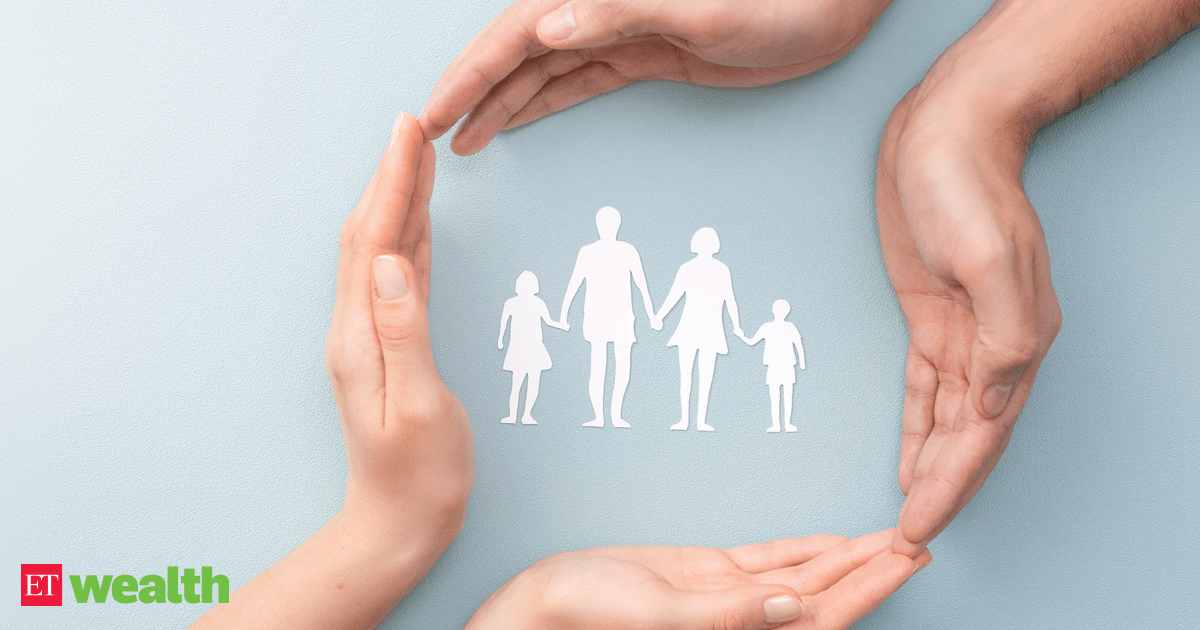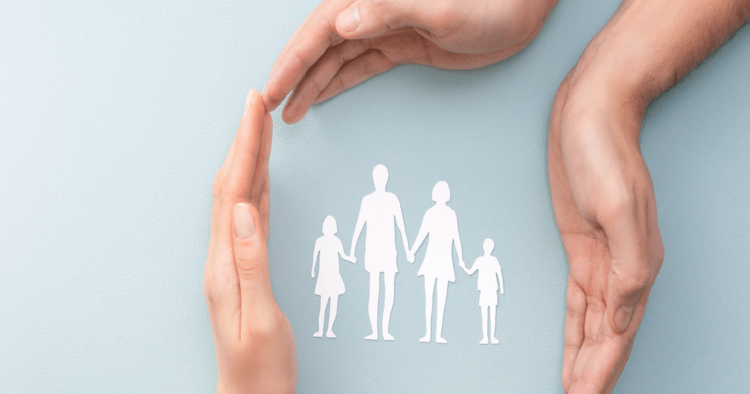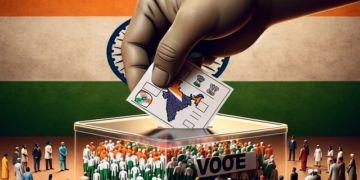
The Insurance Regulatory and Development Authority of India (IRDAI) is working with industry players to introduce two new features in health insurance policies. These are — a common network of hospitals for all health insurance policies issued by any health insurance or general insurance company across the country and a 100% cashless settlement system.
Health insurance new feature: Nationwide common cashless network
At present, cashless settlement is available in 49% of the hospitals in India. Further, general and health insurers regularly amend their list of associated hospitals due to highly-priced medical bills and fraudulent claims to squeeze huge payouts from the insurers. To solve these twin issues, the insurance regulator, along with the General Insurance Council (GIC) intends to come up with a nationwide industry-level common cashless hospital network to widen your health insurance claim settlement process. Sharing a glimpse of how this common cashless hospital network will work, Shanai Ghosh, MD & CEO of Zuno General Insurance, says, “In the first phase, a consolidated list of hospitals is being created across insurers — individual Insurers can reach out to hospitals in the list. In the next phase, there will be a centralised network creation through GIC which will be at an industry-level agreement with hospitals and all licensed health and general insurers. Members of the GI council will be part of this agreement.” She adds, “Once fully implemented, every insurance company’s customer will have access to a single, integrated network.”
The General Insurance Council has already set up a committee to establish a common empanelment of hospitals, according to industry players.
The committee is also planning to have a uniform rate at which all hospitals will be onboarded by insurers instead of the current separate agreements with varied rates between different hospitals and insurance companies. Ghosh adds, “With this, we hope to be able to discuss with the hospitals to bring about greater standardisation of healthcare pricing for customers who have taken health insurance.”
Common cashless network: How will it benefit the health insurance policyholders?
How is it going to benefit the health insurance customers? Answering this, Ghosh says, “With this initiative, we will be able to provide an integrated and comprehensive cashless hospital network to customers to ensure that their claims experience is seamless and hassle-free. The formation of a cashless consolidated network is set to benefit customers in several ways. Firstly, irrespective of which insurance they hold, they will have access to all cashless hospitals of the industry.”Will it bring down the price of your health insurance policy? “Industry-level pricing for this unified network should result in more standardised and competitive pricing for medical services. Finally, a lot of frauds that enter the system through the reimbursement route can be arrested. Last but not least, there will be consolidated and structured industry-level data for better analytics. All these can lead to a reduction in the overall cost of claims and therefore a reduction in price or at least partly mitigate the impact of medical inflation on premiums for policyholders,” she adds.
Echoing the same, Parthanil Ghosh, President- Retail Business, HDFC ERGO General Insurance, says, “(Under the common cashless network), the industry would work together to ensure that all hospitals are available as part of the cashless network to ensure that the out-of-pocket expenses are minimised greatly and the quantum of frauds are minimized. This would also ensure that the genuine customers face minimal inconvenience while availing medical treatments at hospitals.”
100% cashless health insurance claim settlement system: How it will work
Along with a common cashless network that can be accessed by all the insurance players, the regulator is also planning to roll out a 100% cashless health insurance claim settlement system. Ghosh of HDFC Ergo says, “Currently, for most insurance companies the cashless claim settlement is around 65% to 70%. To address the issue of fraud and minimise the out-of-pocket expenses for the insureds, IRDAI has been working with the industry to introduce a 100% cashless settlement process.”
A bad claim experience in health insurance often deters many prospective buyers from buying a health insurance policy as they do not find insurance policies completely reliable. Any significant improvement on this front can restore policyholders confidence. Rupinderjit Singh, Vice President, Retail Health, ACKO General Insurance, says, “This will also ensure uniform access to hospitals irrespective of the provider to enable more trust thus increasing penetration of insurance in the country.”
Mentioning the benefits of a 100% cashless health insurance claim settlement system, Tapan Singhel, CEO of Bajaj Allianz General Insurance, “The implementation of a fully cashless medical insurance settlement system in hospitals across the country is a transformative initiative with significant benefits for policyholders. This mandate from the IRDAI and supported by the Committee on Common Empanelment Process of Hospitals aims to not just simplify but also streamline healthcare access across the country. The nationwide cashless settlement system will help not only ease the claims process but also reduce financial burdens for the insured, while also contributing to the mitigation of fraud. In essence, it offers a seamless healthcare journey for policyholders.
“This initiative is also a step towards enhancing transparency and standardisation between insurance companies and hospitals. This initiative together as an industry, signifies a commitment to improving healthcare accessibility and cooperation between insurers and healthcare providers, promising a future where quality healthcare is a reality for all,” he adds.
Now the big question is when can policyholders expect this system to start working. The insurance industry is actively working on this initiative, led by the General Insurance Council with the approval and support of the IRDAI, says Shanai Ghosh. “The initial phase is well underway. They are most likely to be rolled out by January 1, 2024, as the modalities are being worked out at the Council,” says Parthanil Ghosh.














